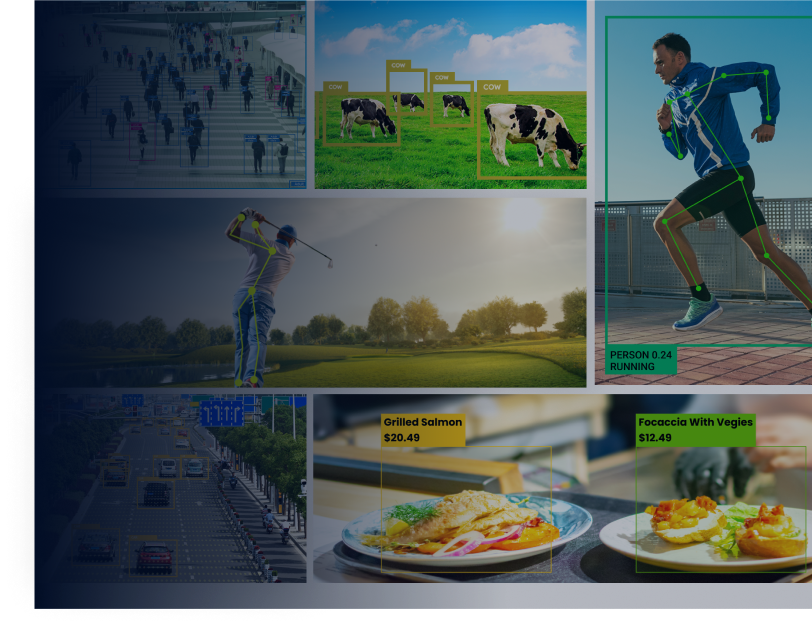Google’s on-device machine learning technology has made the Assistant ten times faster, which can now facilitate users to give commands in real time.
When it comes to innovation, Google seems to always hold the edge and now it is taking on-device machine learning solutions a notch further. Turning speech to text and leveraging advances in deep learning, Google has brought AI to the device that fits in your pocket. Real-time speech processing and machine learning models with complex algorithms are paving the way for further developments. With the widespread usage of artificial intelligence to perform many tasks, companies are now interested in moving AI tasks from the cloud to the edge.
The AI algorithms rely on huge amounts of data and computer power to perform tasks and therefore traditionally require a connection to the cloud to process voice commands. These, AI models that run Google’s speech recognition algorithms were over 100 gigabytes in size. The company has now been able to shrink it to half a gigabyte, enabling the change. Furthermore, this has eliminated latency and breakdowns, whereby you no longer have to upload image or audio files to a cloud for processing.
Google’s on-device machine learning technology has made the Assistant ten times faster, which can now facilitate users to give commands in real time. With real-time processing, real-time transcription of videos playing on your phone can also be done. This has created the possibility for new ways to use your phone, for instance, more effective use of robot surgeons to save lives.
The biggest challenge with deep learning applications is the privacy concern, whereby voice, image or text commands are recorded and sent to the cloud to be processed. Moreover, companies like Google and Amazon need access to data to train their deep-learning models. However, with on-device AI, the data stays on your device, such as AI-powered home security stream videos. On-device machine learning is also beneficial for tech companies that offer AI smarts to their users while also staying compliant with privacy rules.
Computing usage and cloud data centers require huge amounts of electricity to run AI algorithms. Plus, the resources that facilitate the running of deep learning models in the cloud, also require a huge amount of electricity, creating additional costs and a carbon footprint. Additionally, transferring data and networking between the device and the cloud requires a lot of energy too. In comparison to that AI tasks at the edge will become more efficient with specialized hardware running deep learning algorithms. For instance, Xnor, a company has already developed a prototype AI accelerator that can run neural networks for several years with just a cell battery and solar power unit.
Losing your connection to the cloud becomes very frustrating; however, with Google’s on-device technology, the Assistant can navigate apps regardless of the availability of the internet. For instance, AI-powered rescue drones would be able to operate in areas where there is no internet connectivity.
Google’s on-device machine learning capabilities are quite impressive and can really transform existing processes. However, there are some gaps and challenges that need to be addressed before their practicality is determined. We, as a team are already developing models to embrace this technology to further improve Folio3 AI Solutions. Our Artificial Intelligence Solutions are custom-designed for our clients so that they derive the best value from this technology.
As a team, we ensure Folio3 AI Solutions are at par or exceeding industry standards, thereby enabling us to retain our leading position in the market.
Start Gowing with Folio3 AI Today
We are the Pioneers in the Cognitive Arena – Do you want to become a pioneer yourself?
Please feel free to reach out to us, if you have any questions. In case you need any help with the development, installation, integration, upgrade, and customization of your Business Solutions.
We have expertise in Deep Learning, Computer Vision, Predictive learning, CNN, HOG, and NLP.

Dawood is a digital marketing pro and AI/ML enthusiast. His blogs on Folio3 AI are a blend of marketing and tech brilliance. Dawood’s knack for making AI engaging for users sets his content apart, offering a unique and insightful take on the dynamic intersection of marketing and cutting-edge technology.










